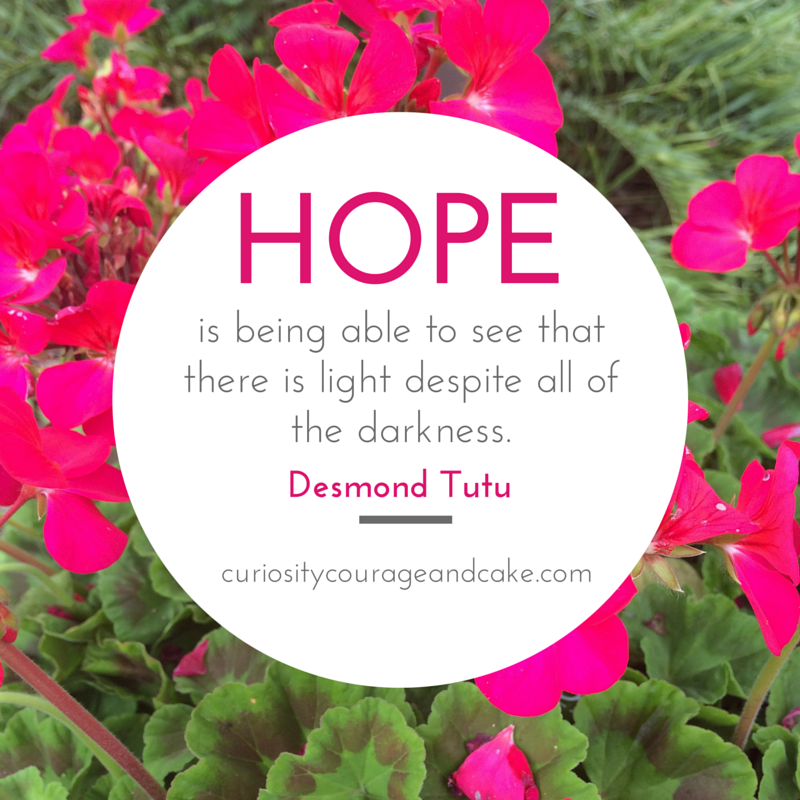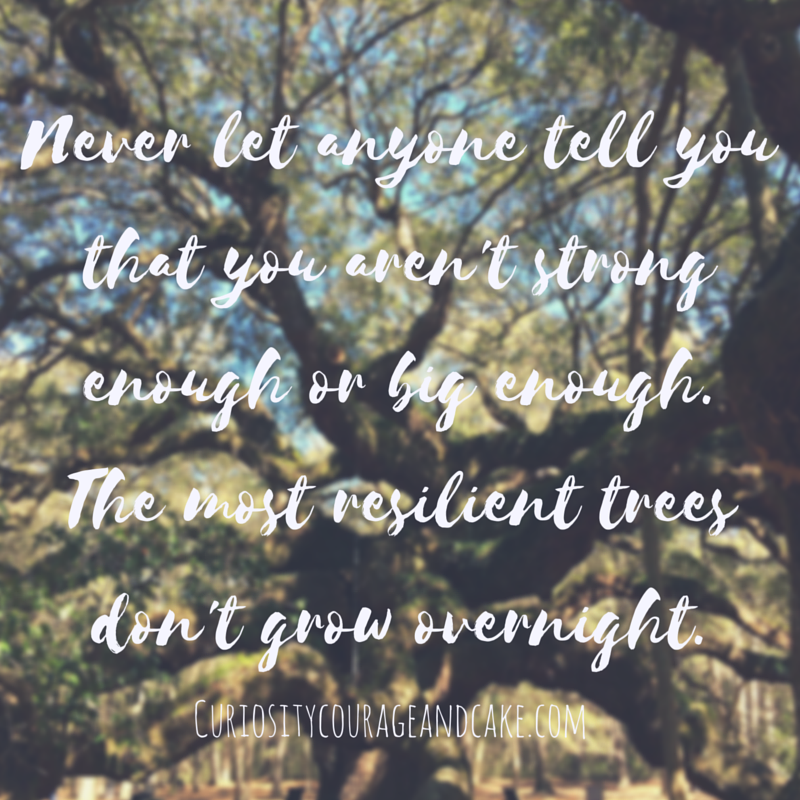But I Can't.
/Recently, I had the opportunity to speak at the Northeast Greek Leadership Association's annual conference and afterwards, a young lady came up to me with tears in her eyes and quietly asked for my card. I could tell that she needed to talk, but knew that she wasn't yet ready. I hoped and prayed that she would email me or call me or send me smoke signals. Anything.
Fortunately, she did. We have been exchanging emails back and forth, talking about being over-programmed, over-whelmed, and unsupported. These are the conversations that I live for... to be able to swap stories, explore our own potential for happiness, and share in vulnerability. One of my most used phrases (both in writing and conversation) is "I want to challenge you..." I love the idea of being able to present opportunities for others. It feels like getting a quest or mission, like your Zelda or Frodo or Inigo Montoya. Is my nerd showing yet?
During my conversation with my new friend, we came to the topic of seeking out time with a counselor or therapist. This is always a tricky conversation- there is such a stigma around mental health that seeking help from a professional is scary or shameful, when it definitely shouldn't be. One of the excuses that I have heard- and myself used- the most is "I am already so busy. Adding counseling to my schedule will just bring me more stress!"
Let's unpack this one, friends. If you had a cavity in your tooth, would you wait and hope that it would fix itself? If you broke your arm, would you still go into work with a bone sticking through the skin. I really, really hope that you said no. Why should taking care of our mental health be any different? We have got to stop making excuses for why we can't see a mental health professional. Your health- physical, spiritual, and mental- is so important.
I'm gonna challenge you real quick- make a list of everything that you have going on in your life. Job, partner, leadership position, volunteering, pets, school, family, church. List it all. Then, I want you to rank everything from least to most important to YOU. No ties! Now look at the thing that you ranked last. Would you be okay with giving that up for an hour so that you can go see a counselor or therapist? Do it. Find the time to take care of yourself. You deserve it.


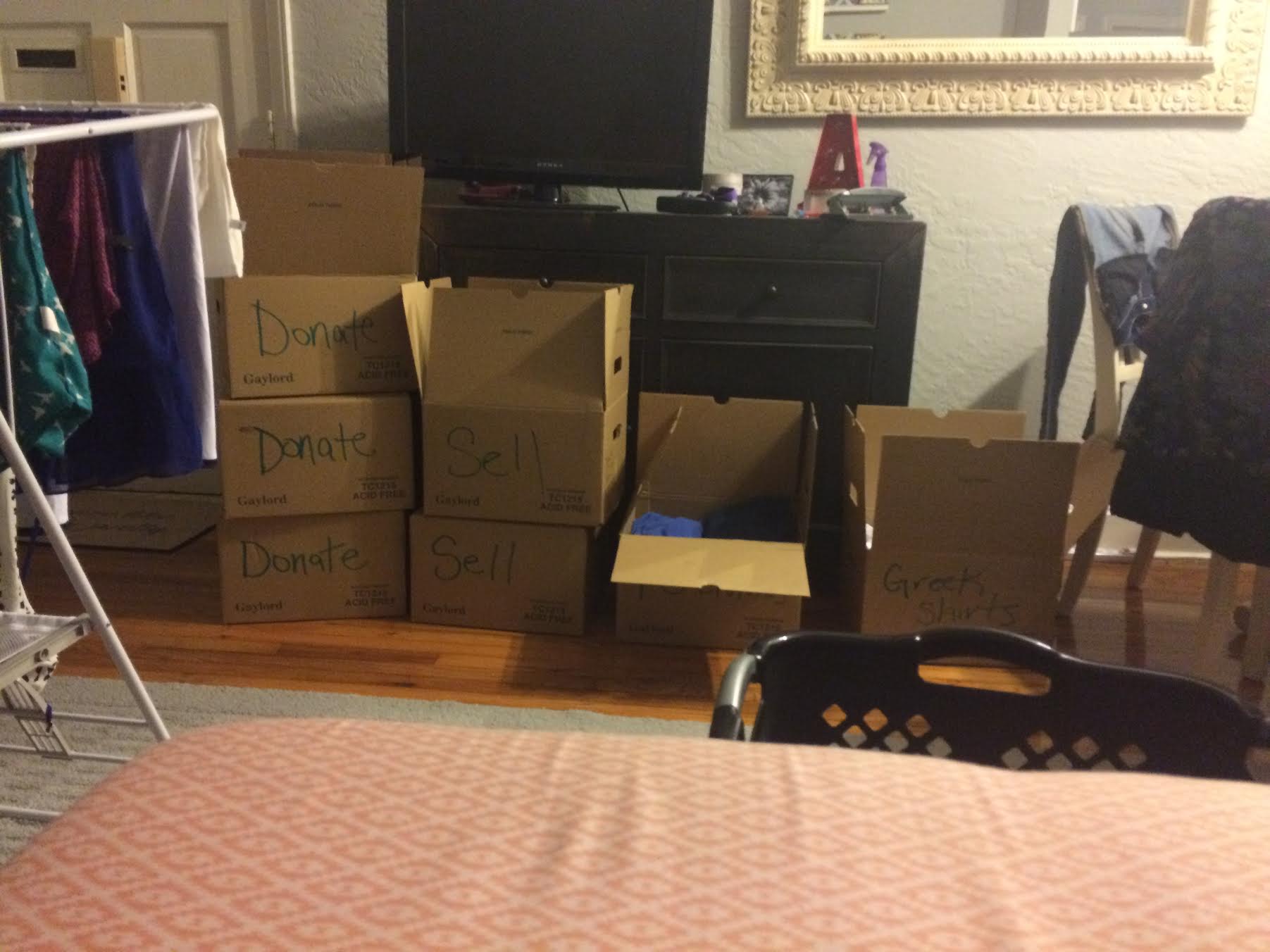
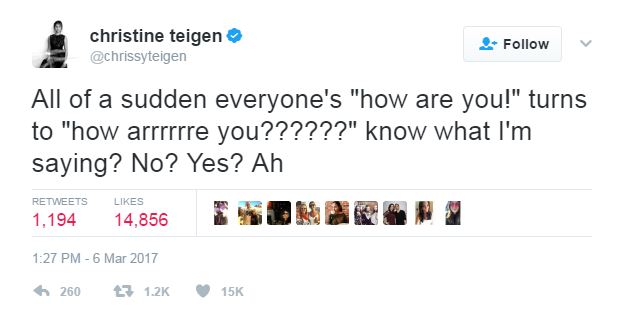
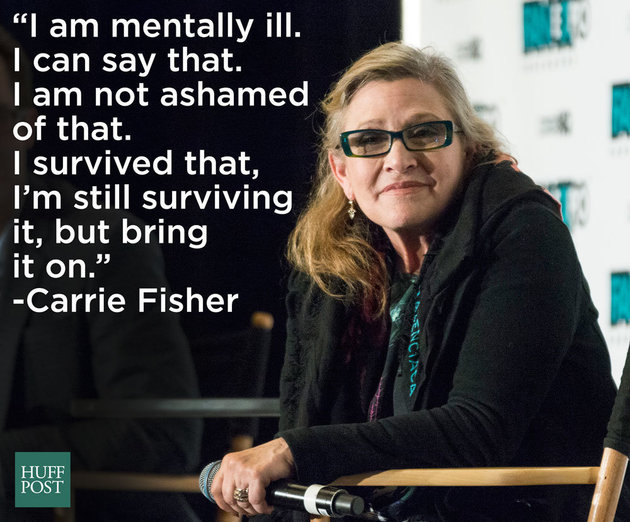 Photo from the Huffington Post's amazing
Photo from the Huffington Post's amazing 
